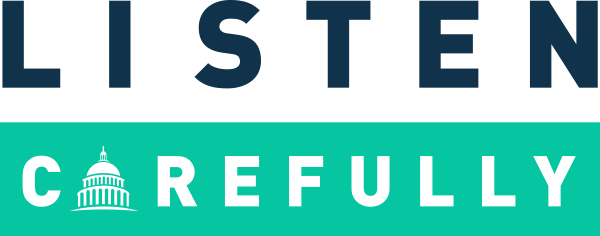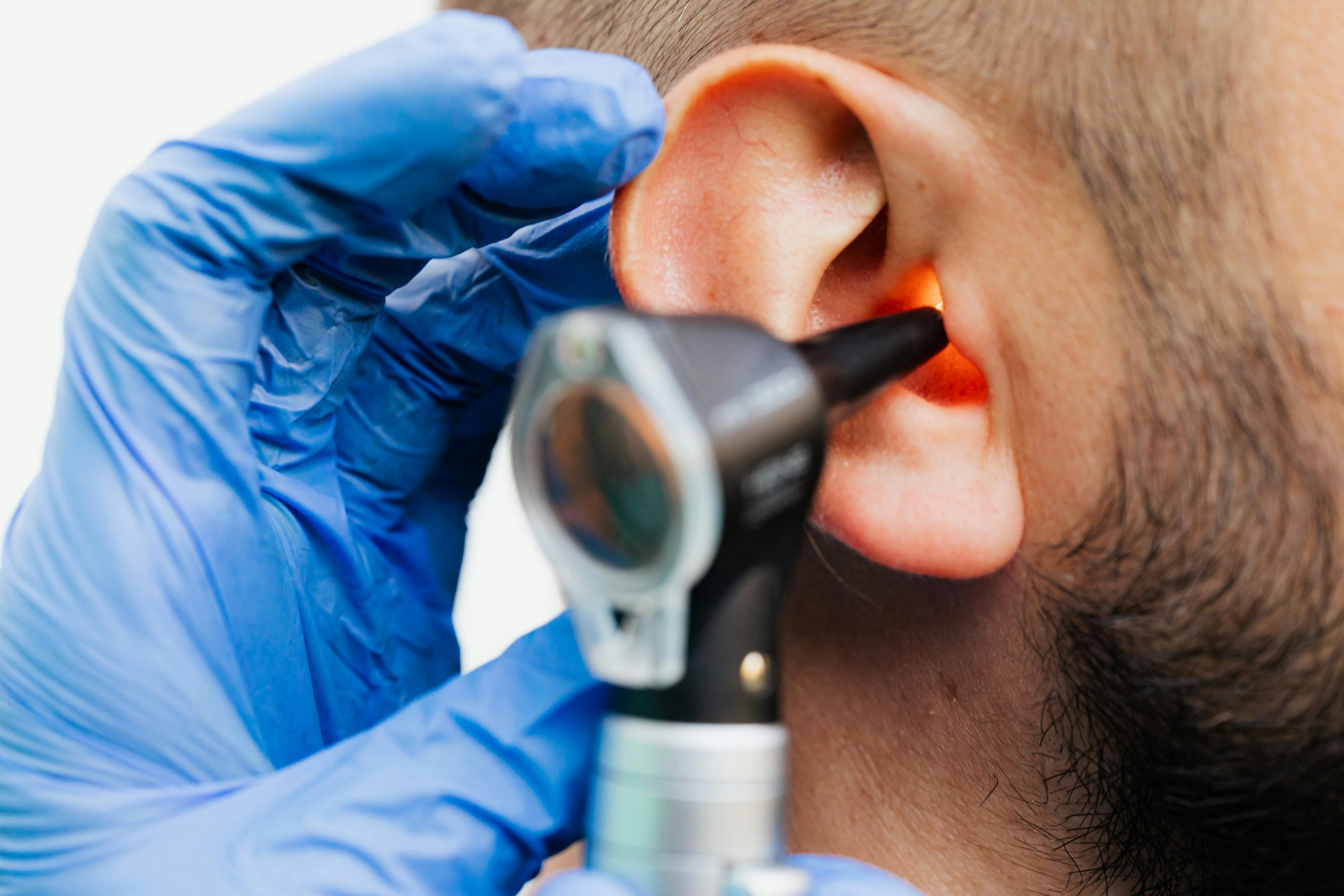ROCKVILLE, Md., Oct. 13, 2021 /PRNewswire/ — As the U.S. Food and Drug Administration (FDA) prepares its long-awaited regulations for over-the-counter (OTC) hearing aids, national polling results released today by the American Speech-Language-Hearing Association (ASHA) show widespread public uncertainty about who these products will be intended for and how they should be used—as well as a strong desire for professional guidance when it comes to managing hearing health care.
“It is critical that the public understands what these products can and cannot do—and who should be using them and how,” said Charles E. Bishop, AuD, PhD, CCC-A, ASHA Board Member at Large in Audiology. “We don’t want people to further damage their hearing by purchasing a device that will over-amplify sound. We also don’t want to see people purchasing devices that are not strong enough for their hearing loss.”
Bishop continued: “With the impending availability of these products, the public should know that audiologists will be a key resource for them. We expect that most, if not all, dispensing audiologists will be offering these devices through their practices in direct partnership with several different manufacturers. We’d recommend anyone with concern about their hearing get a hearing evaluation as a first step, even if they intend to purchase an OTC hearing aid. A hearing evaluation by a certified audiologist can help to rule out other medical issues such as wax buildup or even a tumor on the hearing nerve. People will also want to understand the degree of their hearing loss—and if and how an OTC product can help, or whether other options will be of more substantial benefit.”
The ASHA-commissioned poll of 2,030 U.S. adults ages 40 and up was conducted by YouGov between September 22 and 29, 2021. Among its key findings:
- Nearly 9 in 10 (87%) Americans say that it would be important to have a diagnosis from a trained medical professional before buying any kind of hearing aid.
- More than 8 in 10 (83%) say that it would be extremely or very important to know which technology options would be most appropriate for their hearing loss before buying a hearing aid. These options may or may not include traditional hearing aids—and could also include cochlear implants, amplified TVs or telephones, and other technologies.
- A similar number (84%) say that it is important to know the extent of professional support services that will be available if adjustments are needed for volume level, issues with speech clarity, or physical fit before purchasing any type of hearing aid.
- The leading factor that would influence adults’ purchasing decisions on an OTC hearing aid would be a recommendation from a medical professional: 42% report that this would play the largest role in product selection, with cost being a distant second (18%).
The polling results also show that most Americans have little awareness of the coming OTC hearing aids, and many are wary of this new category of medical devices. Those results included the following findings:
- Just 29% of adults report having heard about OTC hearing aids.
- 42% of adults say that they would be unwilling to purchase an OTC hearing aid.
- Regarding confidence in their ability to program their own hearing aid, 48% said that they are not confident they could do so.
- 70% of adults are unsure whether OTCs are intended for both children and adults.
- 58% are unsure whether OTCs are intended only for those with mild to moderate hearing loss.
According to Bishop, one of the more concerning aspects of the poll results is the public uncertainty about whether these products are for children.
“These devices are not intended for children, and using them inappropriately could put children at risk for severe complications due to untreated ear disease; inadequate amplification that could result in significant language delays or disorders; and further hearing loss due to inappropriately high levels of amplification,” he explained. “People should also understand that, unlike hearing aids obtained by an audiologist, OTC products won’t come with a diagnosis of the cause and extent of their hearing difficulty; professional fitting and other customization of the device; and rehabilitation services that are often needed to adjust to life with a hearing aid.”
The path to market for OTC hearing aids began in 2017 following passage of the Over-the-Counter Hearing Aid Act. Congress subsequently directed the FDA to develop regulations for this new category of devices, to be sold directly to consumers and without involvement of an audiologist or other medical professional. On July 9, 2021, President Biden issued an Executive Order that instructed FDA to issue its proposed rules within 120 days.
In August 2018, ASHA—along with the American Academy of Audiology, Academy of Doctors of Audiology (ADA), and International Hearing Society (IHS)—released a consensus paper outlining the hearing health care organizations’ collective recommendations to the FDA for reasonable assurance of safety and effectiveness of these products. ASHA intends to carefully review the FDA’s proposed regulations when released and submit further comments for maximum patient and public protection.

